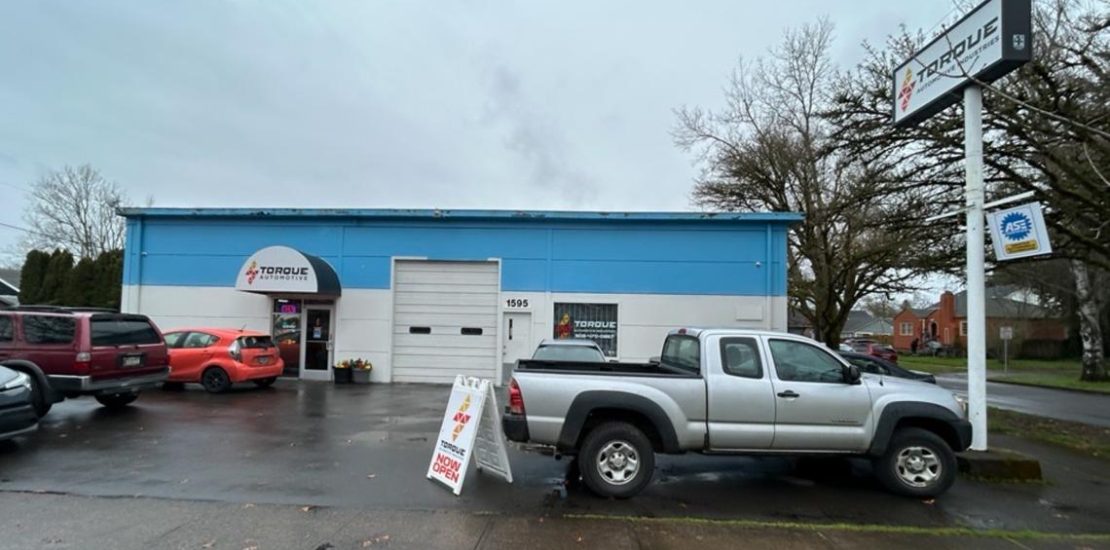- March 22, 2025
- Posted by: Regent Harbor Team
- Category: Business

Contents
A Halloween Skeleton and a Code Enforcer Walk Into a Bar
Ah, Salem, Oregon – known for its quaint streets, scenic views, and now, its relentless code enforcement. Small businesses in this charming city are feeling the unyielding pinch of strict regulations. And really, who expected a Halloween skeleton decoration to trigger a municipal showdown?
The Saga of Torque Automotive
Let’s talk about Torque Automotive Industries, the shop with more than just car repairs on its plate. Owner Hai Nguyen discovered the delightful world of city codes when he erected a spooky decoration. Unfortunately, the city’s code enforcer didn’t share the holiday spirit.
But moving the decoration didn’t mark the end. It was merely the beginning. With Inspector unseen, Nguyen moved the skeleton, hopefully resolving the initial complaint. But lo and behold, violations popped up like daffodils in a park.
“It feels like I’m stuck in a cat-and-mouse game,” said Nguyen. “When one violation slipped, another emerged—it just doesn’t end!”
A Sign of the Times
Then came the sign ordeal. A vintage window sign was cited, threatening fines. Nguyen deftly explained the sign enjoyed an indoor residence, thus a free pass. However, he’d barely exhaled in relief when he learned the building’s awning sign required a fresh permit.
Meanwhile, the City of Salem chimed in: “No penalties or fines have been levied while Torque is appealing the enforcement order.” A silver lining, perhaps?
Across the Street: Neighborhood Support
Charlotte Scott, a resident and self-proclaimed neighborhood watch, expressed her bewilderment. “They’ve turned this empty spot into a thriving hub,” she said, questioning the city’s motives. “Why burden those building our community after it was left barren?”
Certainly, not just a Torque issue, but an epidemic. Neighborly aspects gradually give way to policies.
Back to the Future: All City Sweets
And it’s not just Torque feeling the squeeze. Downtown, at the home of sweet delights, proprietor Brandy Burgess shared her own tale. A chalkboard sign relocation seemed straightforward. Enter new hurdles—her window stickers must move indoors, too.
“I don’t see how this helps,” Burgess said. “Feels like the city misplaces priorities, while ignoring downtown’s actual issues.”
Regardless, she paid the hefty $1,800 for her awning’s sign permit; the bulk supporting the historical district fund.
A City’s Explanation
In a nod to transparency amidst swirling complaints, the city stated: “Our objective is education first. Then we seek compliance.” Historically non-existent, a single enforcer now handles all city complaints.
Some business owners agree, understanding but not entirely pacified. After all, living with regulations that had been long unnoticed leaves a bitter aftertaste when stirring reminders arise.
So, What’s Next for Salem?
Looking ahead, how does a city balance historical charm and entrepreneurial dreams? How about investing in collaboration instead of confrontation? Until it’s sorted, local businesses sustain the shock, grinning at the irony while rolling up their sleeves for more unexpected challenges. New York would understand that hustle.
